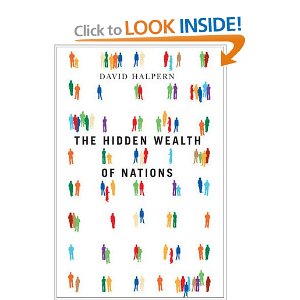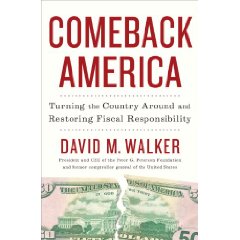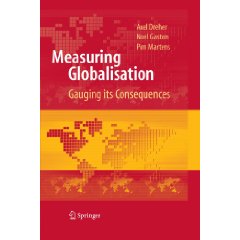
David Halpern
Amazon has recently been allowing longer reviews by inserting a “Read More” line and I hope this entire review is allowed to stand. It will also be posted to Phi Beta Iota the Public Intelligence Blog, with links back to Amazon.
This is a Beyond Five Stars book. Although there is a fine literature emerging on collective intelligence and wealth of networks–and there is an increasingly robust Open Money movement that also includes local communities currencies that keep the wealth local–this book does something no other book has done–it connects economics to humanity and reality and the intangibles in all their forms.
This is not a book about underground economies, barter systems, alternative currencies, etcetera. It is one of the most profoundly relevant, erudite yet easy to read books I have ever read, with a direct bearing on every aspect of human life, and in particular the role of government as it should be.
The author specifically quantifies the financial and intangible value of “getting along” and being part of deep interconnections that define, drive, and develop (or not) the hidden wealth of nations.
The author has provided an extraordinarily well-organized book with a well-presented series of chapters that left me with so many flyleaf notes I fear I will not do the author and the intellectual tour de force he has provided, quite enough justice. Buy and read the book. Tell elected and appointed leaders about it–or send them a copy of this review. [I am stunned that there are no other reviews as this book was published in 2009.]









